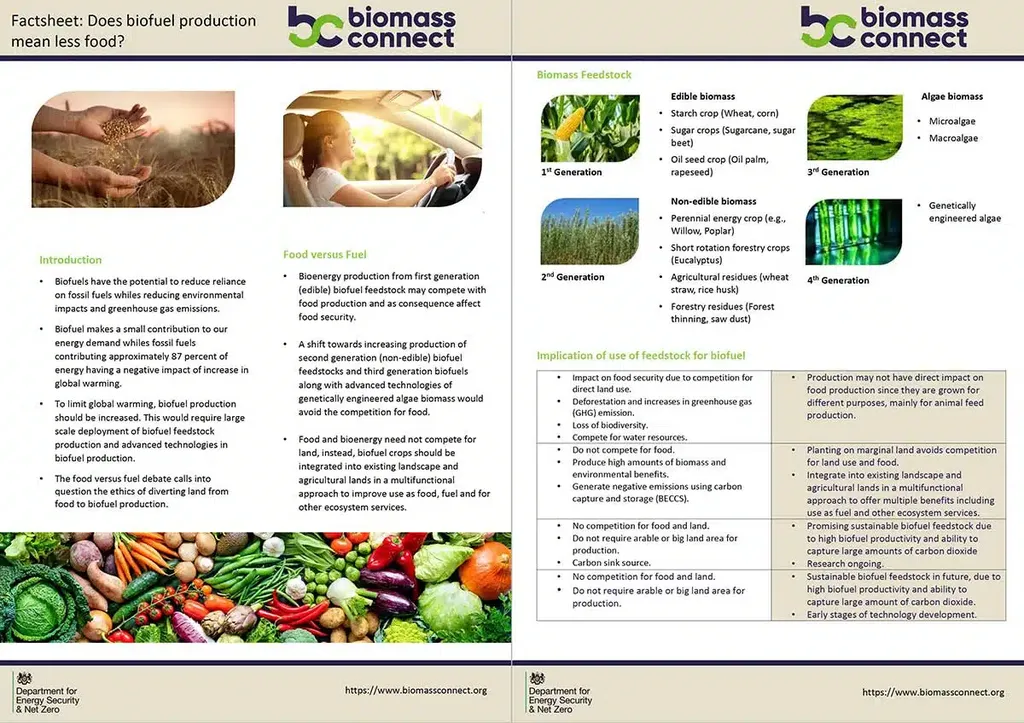In a world grappling with the twin challenges of food security and energy sustainability, a recent study published in the *Annals of Tropical Research* (translated from the original title “Implications of Biofuel Production on Food Security”) sheds light on the complex interplay between biofuel production and global food supplies. Led by Teodoro C. Mendoza, a faculty member at the College of Agriculture, UP Los Baños in Laguna, Philippines, the research underscores the resource competition between biofuels and food crops, raising critical questions for the energy sector.
The study highlights that producing liquid biofuels for transportation consumes the same vital resources—land, water, energy, and fertilizers—as growing food for human consumption. “The simple linear thought is… more crops for food or biofuel equals more land and water use, which leads to more fertilizer or oil use, more erosion, and ultimately more greenhouse gas emissions,” Mendoza explains. This resource competition is particularly acute in regions where water scarcity is already a pressing issue. Currently, 74% of global water is used for irrigating food crops, but the study warns that biofuel production could increase water demand to 80% if current plans materialize. With one in three people already facing water scarcity, the implications for both agriculture and domestic use are alarming.
The research also points to the significant impact of biofuel production on global food prices. A World Bank study cited in the article revealed that biofuels have driven food prices up by 75%. In 2007, 100 metric tons of grains were diverted to biofuel production, contributing to food price spikes the following year. “Without biofuel in the food equation, there would be enough food,” Mendoza asserts. The ripple effects of these price spikes have been severe, pushing 100 million people below the poverty line and sparking food riots in 36 countries. Approximately 3 billion people, particularly those spending 60-70% of their income on food, have been affected.
Mendoza advocates for alternative energy sources, such as solar, wind, and wave power, which he argues are more sustainable and less disruptive to food security. “The technology is now in place for solar-powered and battery/electric or hybrid cars for transport,” he notes. In the Philippines, for instance, geothermal, hydro-electric, wind, and solar power remain abundant and largely untapped. This shift could mitigate the resource competition between biofuels and food production, offering a more balanced approach to energy sustainability.
The study’s findings have significant implications for the energy sector, particularly as governments and industries grapple with the transition to renewable energy sources. By highlighting the trade-offs between biofuel production and food security, the research calls for a more nuanced approach to energy policy. It suggests that investing in alternative energy technologies could alleviate pressure on global food supplies while advancing sustainability goals.
As the world continues to seek solutions to the interconnected challenges of climate change, energy sustainability, and food security, Mendoza’s research provides a timely reminder of the need for careful consideration of resource allocation. The study’s insights could shape future developments in the energy sector, encouraging a shift toward more sustainable and less resource-intensive energy solutions.

